The U.S. central bank, the Federal Reserve, announced that it will lower the target range for the federal funds rate by 50 basis points, bringing it down to between 4.75% and 5.00%.
This cut of 0.5 percentage points reduced the rate from over 5% to over 4%, marking the first rate cut since the pandemic in 2020.
The last time the Federal Reserve cut rates by 50 basis points was during the 2008 global financial crisis.
Why do Chinese people care so much about the U.S. rate cut, and how will it affect the wallets and daily lives of ordinary people?
Let's discuss today.
Firstly, when the U.S. lowers interest rates, our yuan becomes more valuable.
Last year, the U.S. dollar kept rising, and the yuan-to-U.S. dollar exchange rate fell from over 6.3 to over 7.2, a drop of more than 10%.
Imagine holding 100,000 yuan and suddenly losing 10,000 yuan; that's quite painful, isn't it?
But now that the U.S. has cut interest rates, how can the dollar continue to rise?
It won't, so the yuan is expected to rebound.
In fact, the yuan exchange rate has increased significantly in recent days.
So, if you're planning to exchange some dollars or travel abroad soon, you might want to wait a bit longer.
When the yuan appreciates more, you'll be able to get more dollars for fewer yuan, which is quite cost-effective!
Secondly, when the U.S. lowers interest rates, the domestic mortgage interest rates might rise.
It may sound incredible, but it's easy to understand.
When the U.S. releases more liquidity, a lot of dollars will flow into emerging markets like China to seek profits.
As soon as these hot funds rush in, the first thing to rise will definitely be housing prices.
To cool down the economy, our central bank may have to raise interest rates and tighten the money supply.
At that time, mortgage interest rates will definitely rise, and the cost of buying a house will only be higher.
In the past two years, to stimulate the real estate market, bank loan interest rates have been relatively low, but they might be adjusted upwards soon.
So if you have plans to buy a house soon, it might be better to act sooner.
Thirdly, when the dollar depreciates, be careful that your pension doesn't shrink with it.
Many people have invested their pensions in the stock market and funds to earn more money.
But when the U.S. releases more liquidity to push up inflation, the risk of investment increases.
If the U.S. stock market bubble bursts, the A-share market won't be able to escape either.
At that time, the returns on pensions will be miserable.
So now, it's better for us to take fewer risks and avoid speculative products with high leverage and big bubbles.
It's better to put more money into stable financial products like Yu'e Bao or fixed-term financial management, even though the returns are lower, but they are stable.
Fourthly, interest rates are the barometers of the economy.
If the U.S. economy slows down, domestic employment will also be affected.
Especially our export enterprises will be affected, as they will earn less and may have to hire fewer people or even lay off staff.
After all, if U.S. consumption decreases, they will definitely import fewer Chinese goods.
If export enterprises have a hard time, the wage increases for workers will definitely slow down.
Lastly, abroad, the U.S. dollar is still a hard currency.
If you travel or study abroad, your expenses will definitely increase.
For example, if you buy products like iPhones or LV bags directly with yuan, they will definitely be more expensive than before.
So, although the U.S. rate cut seems far from ordinary people, it is closely related to their lives.
Exchange rates, mortgages, pensions, consumption, employment, and so on, all aspects will be affected.
In the current uncertain economy, we must neither panic nor be complacent.
We need to adjust our strategies in a timely manner and be prepared for the future.
Only in this way can our wallets withstand the ups and downs, and our lives can become better day by day!



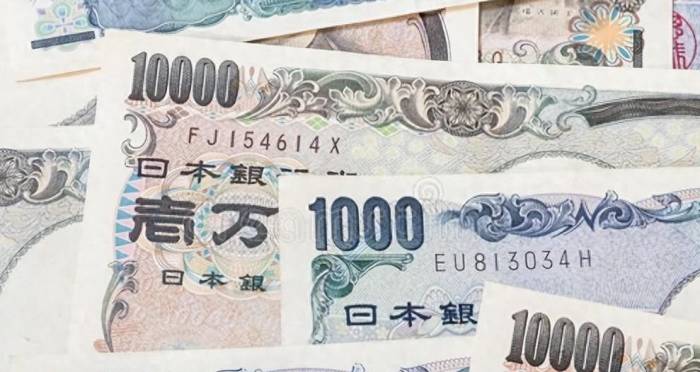
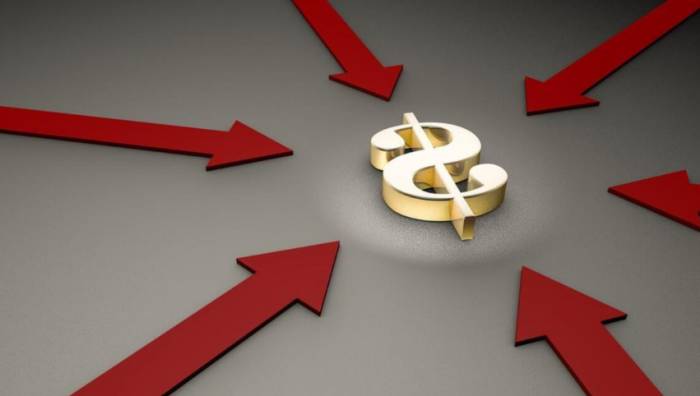



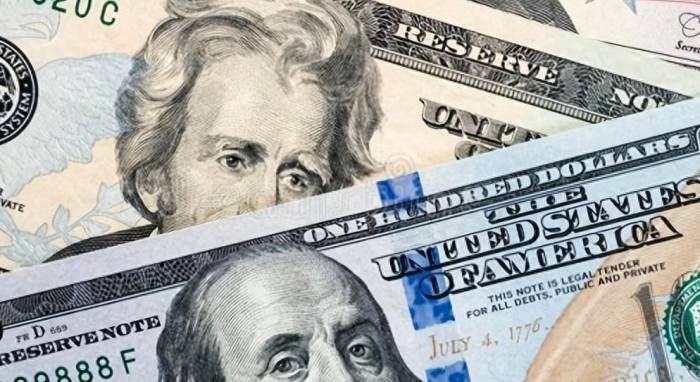
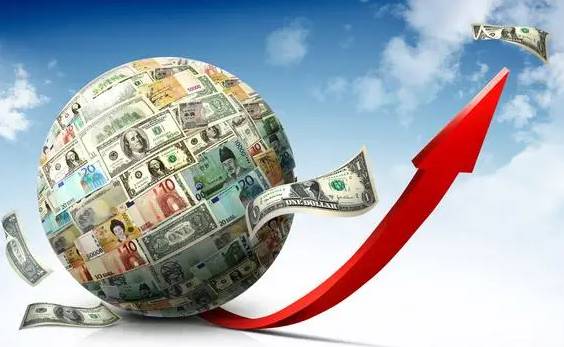




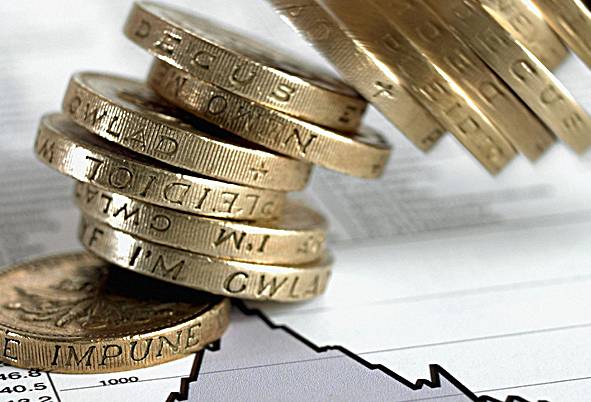
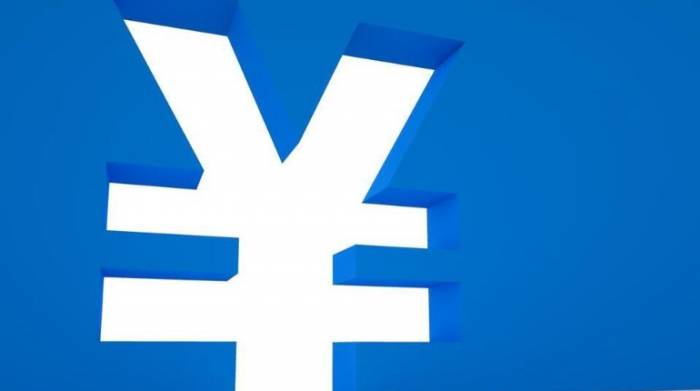


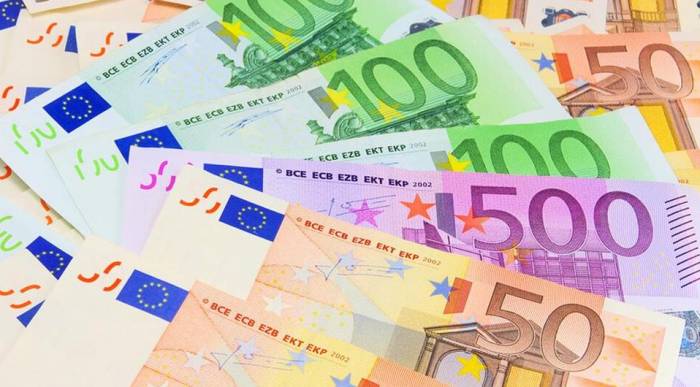

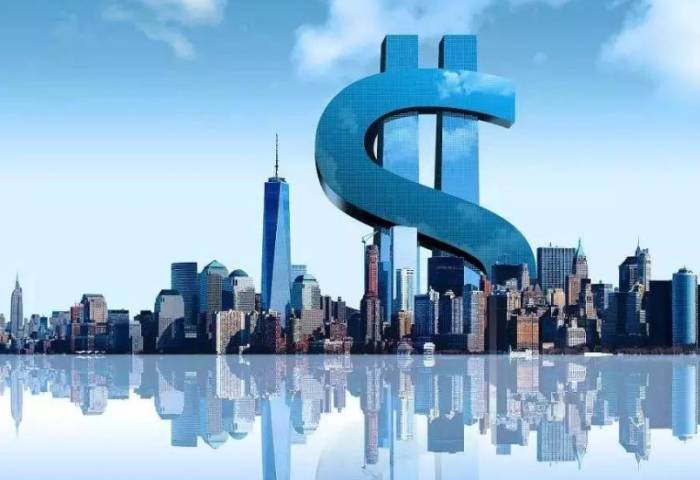



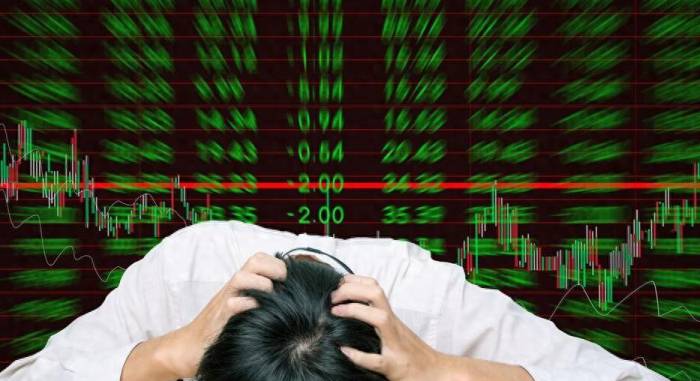
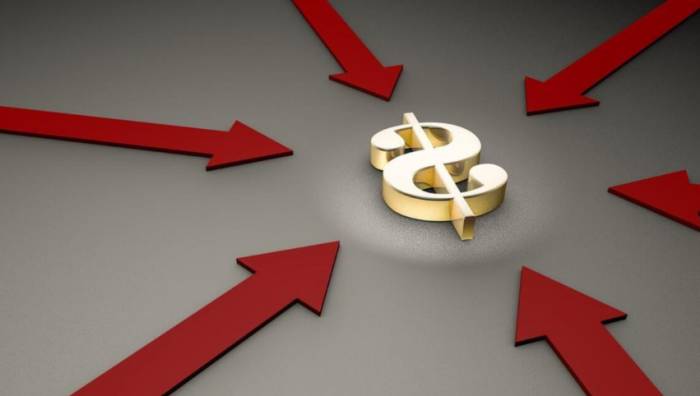


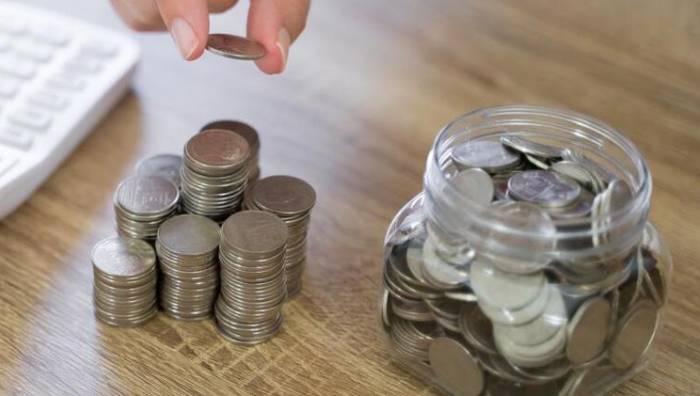
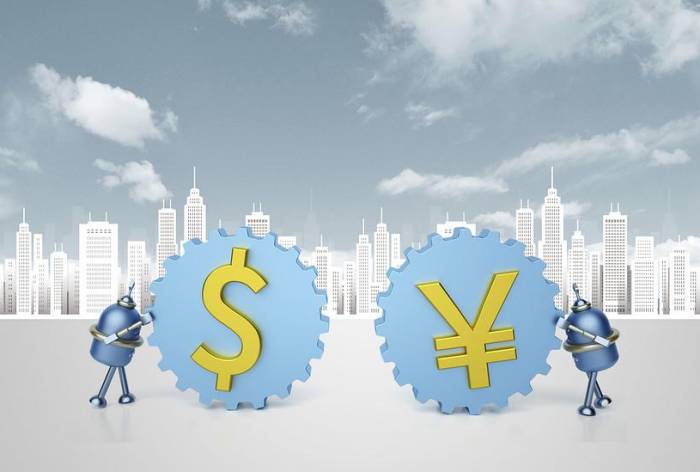
Comments (0)
Leave a Comment